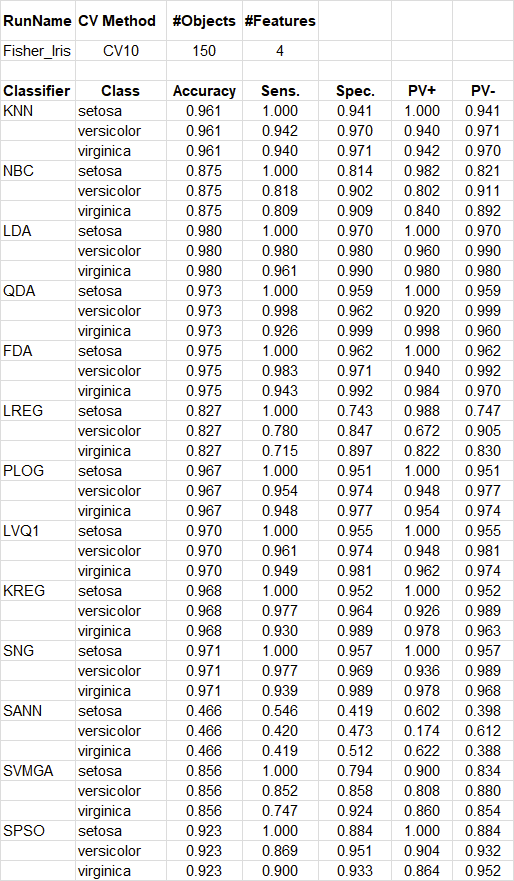Assuming two binary (Y in {0, 1}) annotators or classifiers (A and B), that are:
- Conditionally independent, i.e. P(A=0, B=0|Y=1) = P(A=0|Y=1)*P(B=0|Y=1) and the same for Y=0.
- Better than random, i.e. ROC-AUC>0.5
Does high Cohen's kappa imply high sensitivity and specificity?
Is it possible to estimate (or at least place a lower bound) on the sensitivity and specificity of each classifier (or their ensemble) from the Cohen Kappa?
My intuition is that if both assumptions hold, then to agree the models must both conform to the ground truth.
I could not find any literature about direct estimation of accuracy metrics from agreement metrics.

